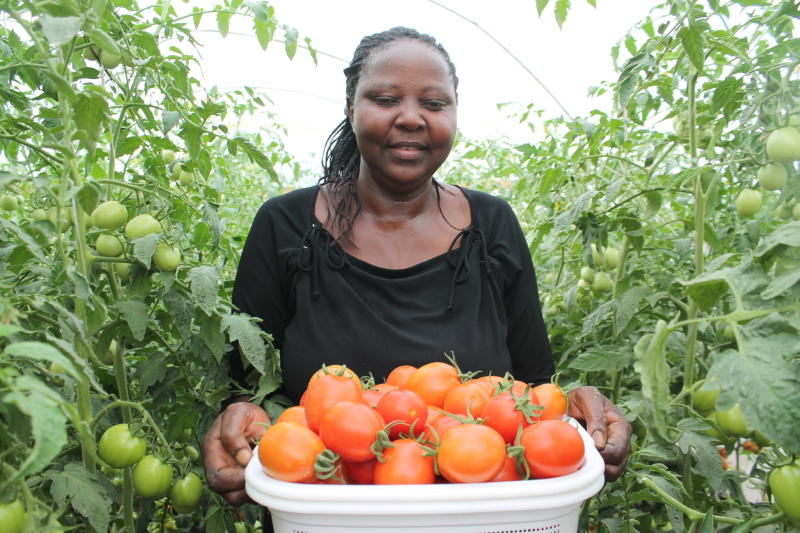×
The Standard e-Paper
Home To Bold Columnists

The government has banned the use of animal manure in new regulations.
And in a country ravaged by cyclic drought and suffers from perennial water shortage, under the Crops (Food Crops) Regulations 2018, the government has criminalised use of water from the well, river or any other natural source to irrigate crops.